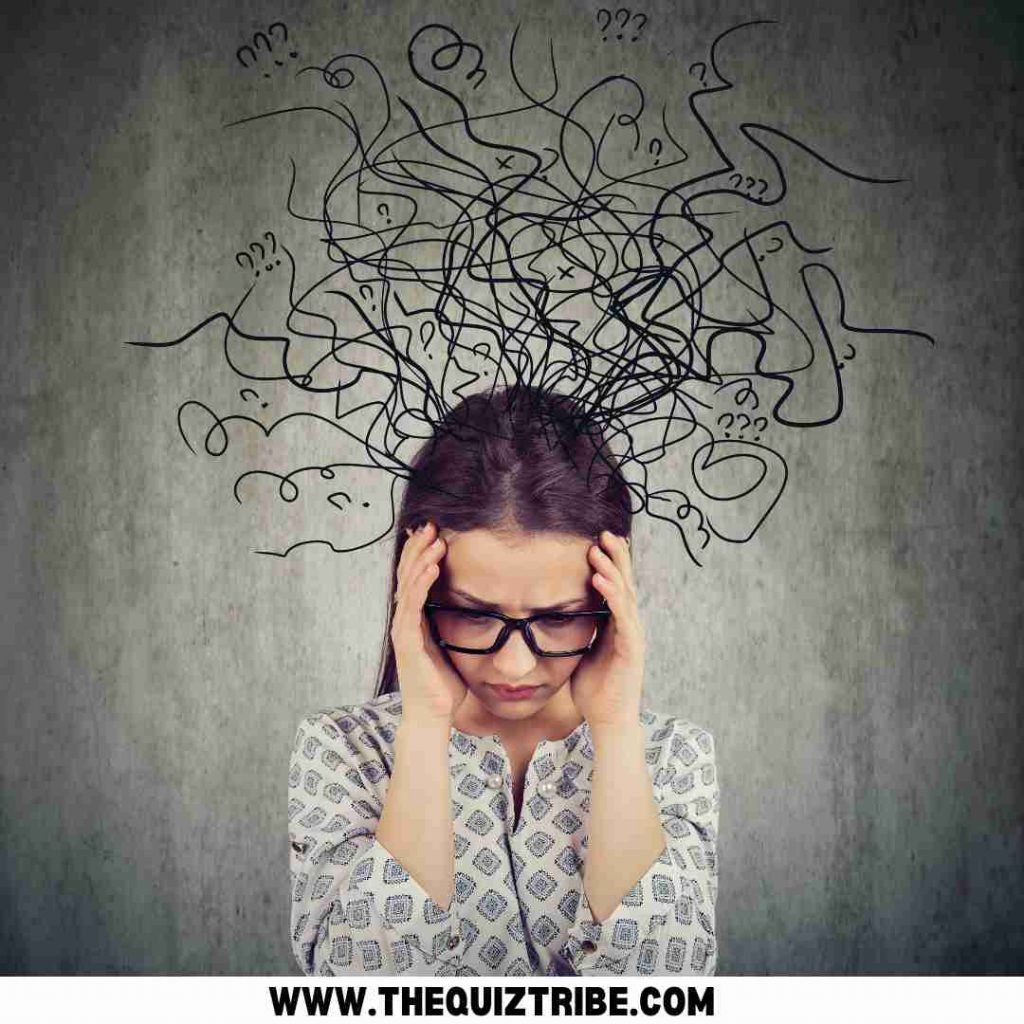An anxiety disorder is one of the most prevalent mental health diseases in the US. According to estimates, anxiety disorders affect 18% of adult Americans each year.
Anxiety disorders are several types, but the most common are generalized anxiety disorder, social anxiety disorder, and panic disorder.
Feelings of worry, nervousness, and unease often characterize anxiety. It can accompany physical symptoms like chest pain, shortness of breath, and dizziness. Anxiety can interfere with a person’s ability to work, study, sleep, and socialize.
The Causes of Anxiety and Nervousness
There are many different causes of anxiety and nervousness. Some of the most common include:
- Stress
- Traumatic events
- Chemical imbalances
- Genetics
- Environmental factors
There are also many different treatments for anxiety, including therapy, medication, and self-care measures.
Reduce Anxiety and Nervousness
If you’re feeling anxious and nervous, there are some things you can do to help reduce those feelings.
Identify Triggers of Anxiety and Nervousness
In anxiety, people often feel uneasy and fearful, looking worried. It can be mild or severe, and different things for different people can trigger it. For some, anxiety can be triggered by stressful events or situations.
For others, anxiety can be triggered by more minor things, such as changes in their routine or unexpected news. No matter what triggers anxiety for someone, it is a frustrating and debilitating experience.
Follow a Structured Routine to Reduce Anxiety
There are many different ways to reduce anxiety and nervousness. One way is to follow a structured routine. This could include things like eating regular meals, sleeping on time going, and exercising regularly.
Having a set routine can help to calm the mind and reduce stress. It can also help to make you feel more in control, which can be helpful when you feel anxious.
Maintain Physical Activity
Exercise is an excellent stress reliever. It can boost your mood and keep you healthy. Slowly increase exercise levels slowly, and this relaxes your body. Try to be as active as possible.
Avoid Drinking and Smoking
These products have the potential to induce or exacerbate anxiety. If you cannot stop on your own, seek the assistance of a healthcare practitioner or a support group.

Quit smoking and reduce or eliminate your consumption of caffeinated beverages. Anxiety can be exacerbated by nicotine and coffee.
Practice Relaxation Techniques to Reduce Anxiety
To reduce anxiety and nervousness, try meditation or any other relaxing technique. Many different techniques can be used, such as deep breathing, visualization, and progressive muscle relaxation.
Practicing these techniques regularly allows you to control your anxiety and stay calm in difficult situations.
Seek Professional Help if Needed
Most people will never need professional help for their mental health, but if you are struggling, don’t hesitate to reach out for help. There are many resources available, both online and in person.
Professional help can be a great way to get the support you need to manage your mental health.
Following these steps can reduce your anxiety and make you feel more in control.
